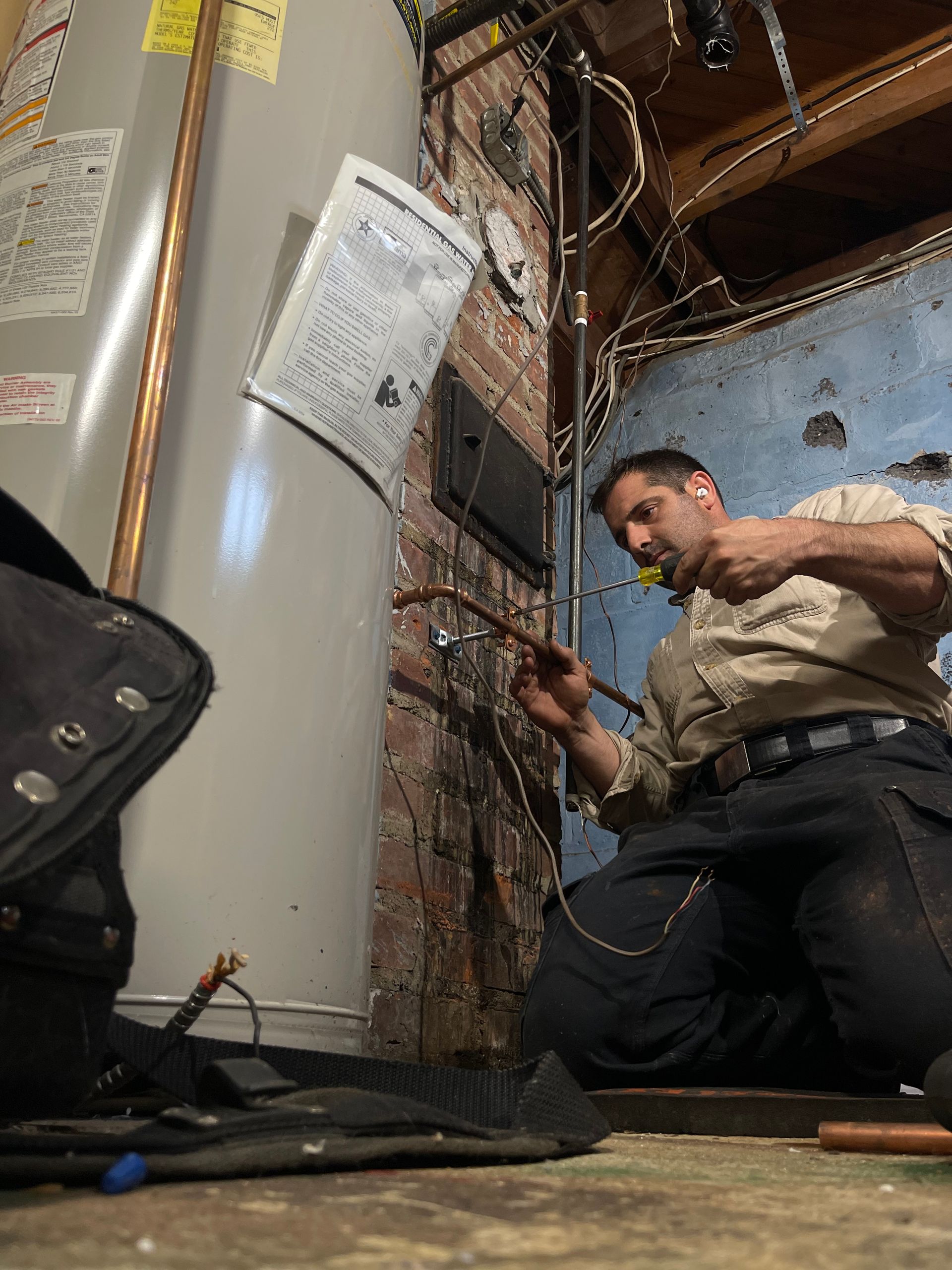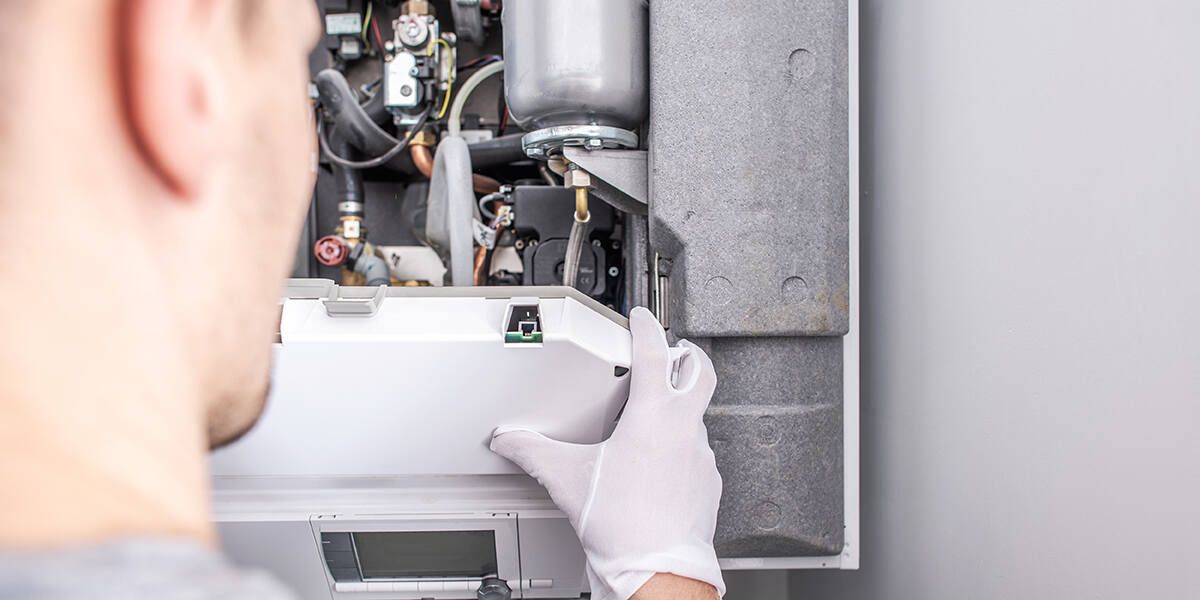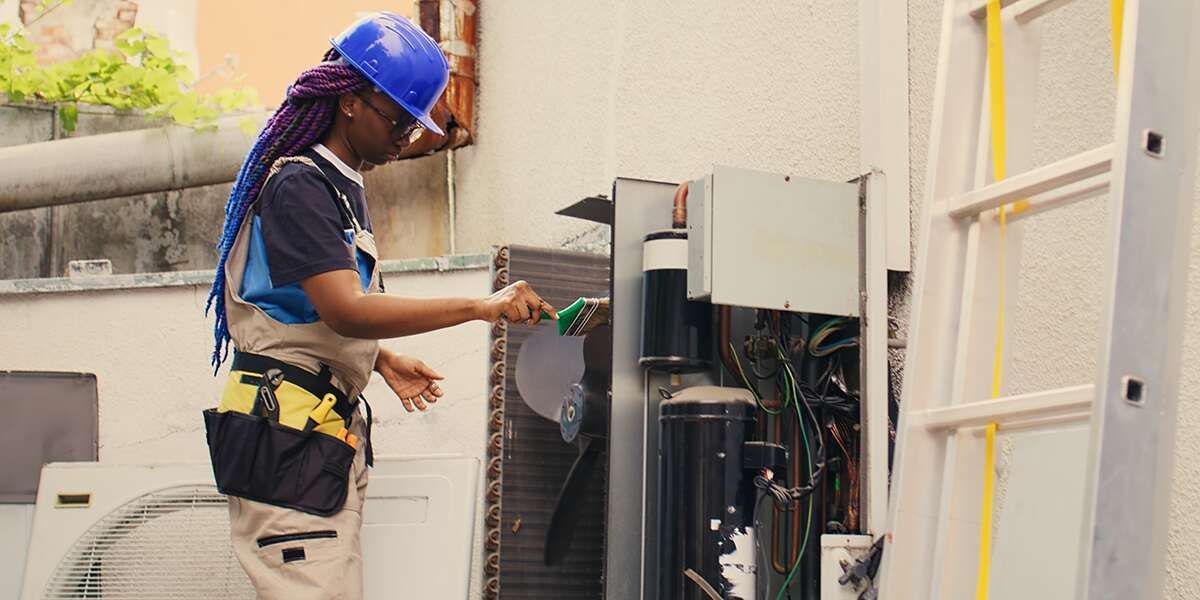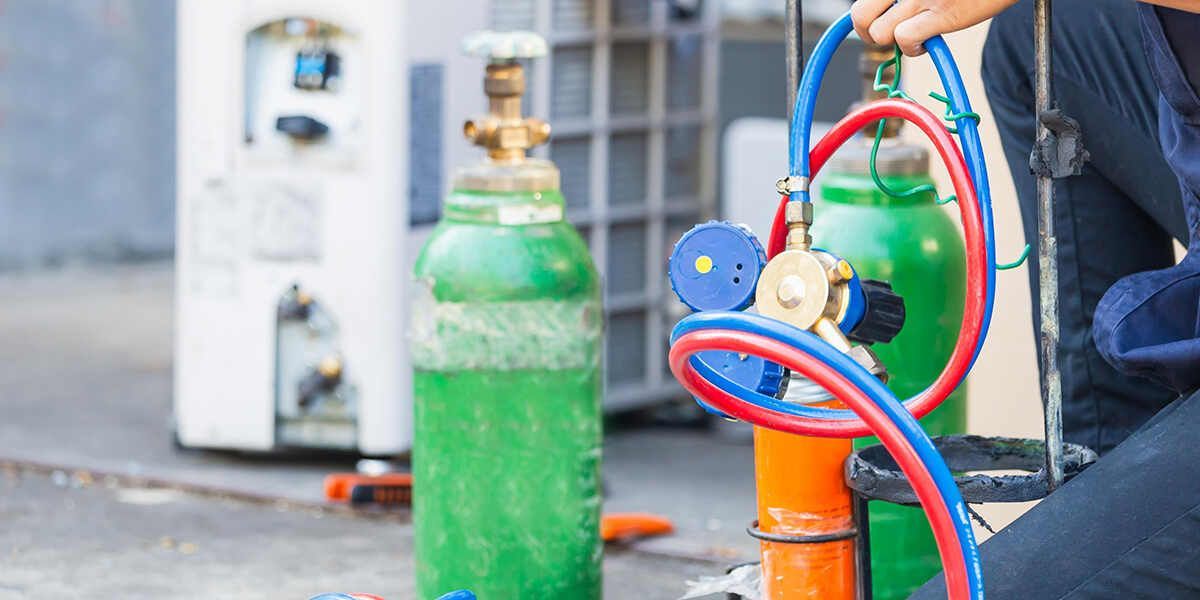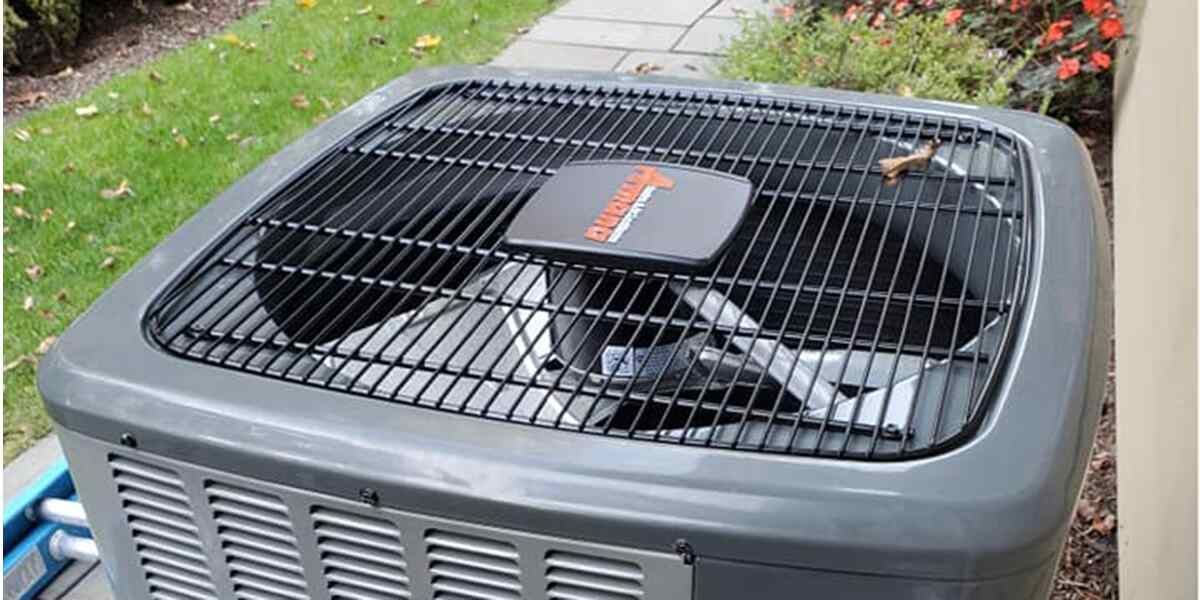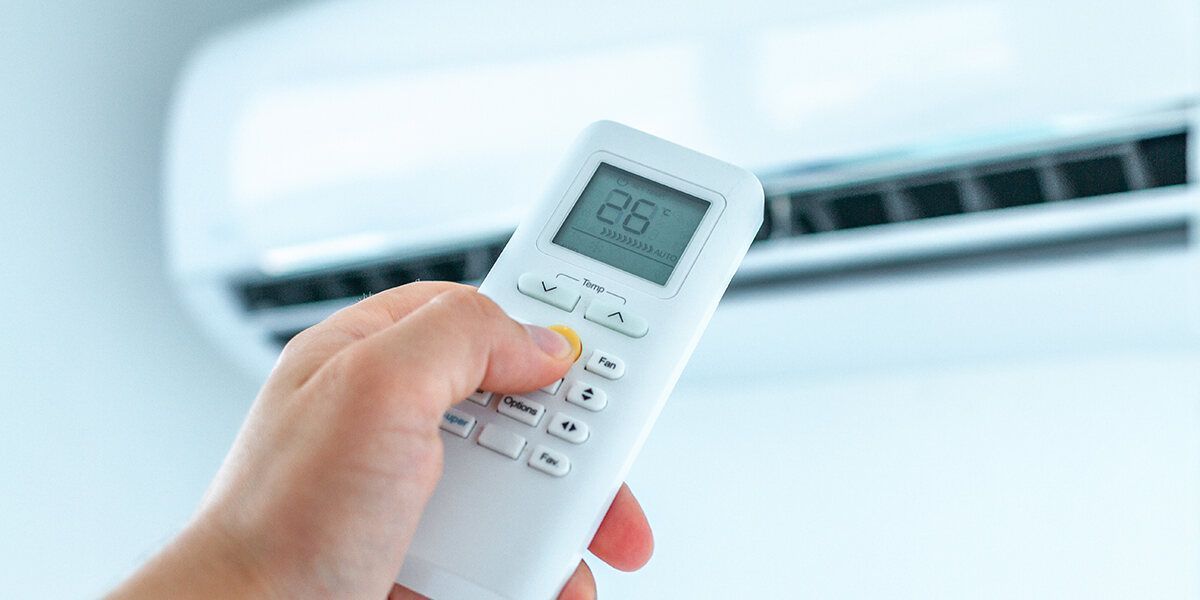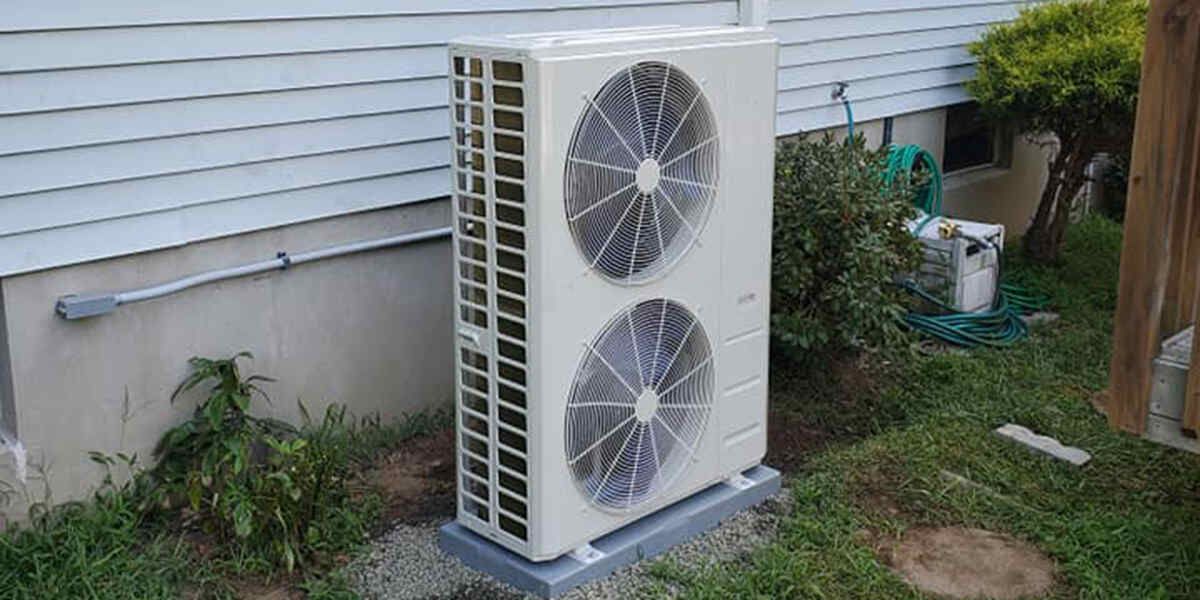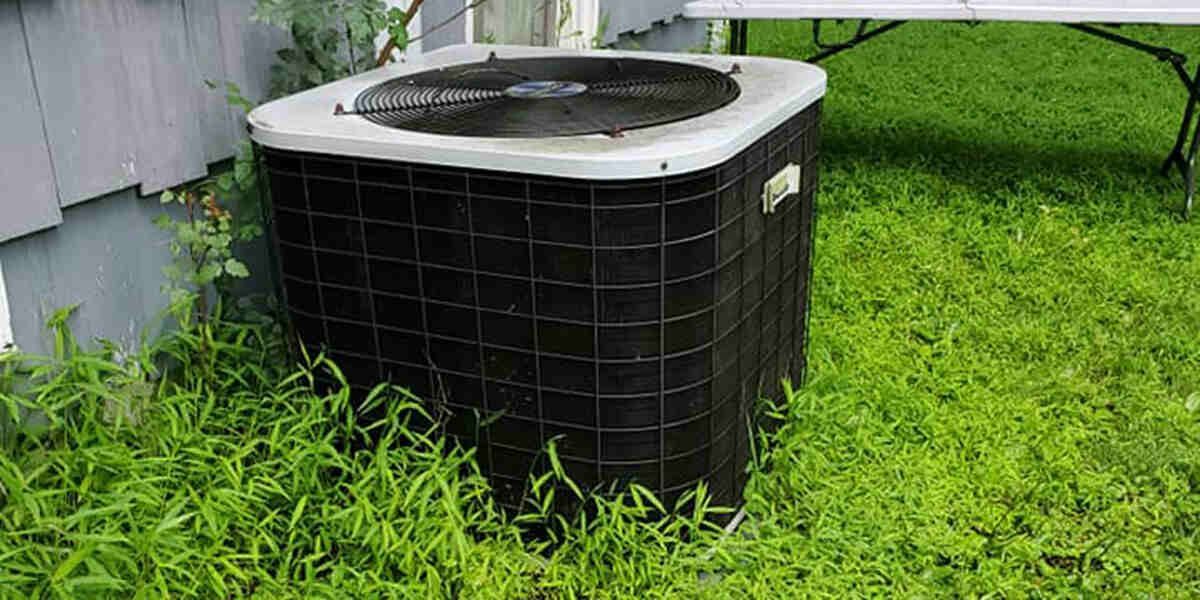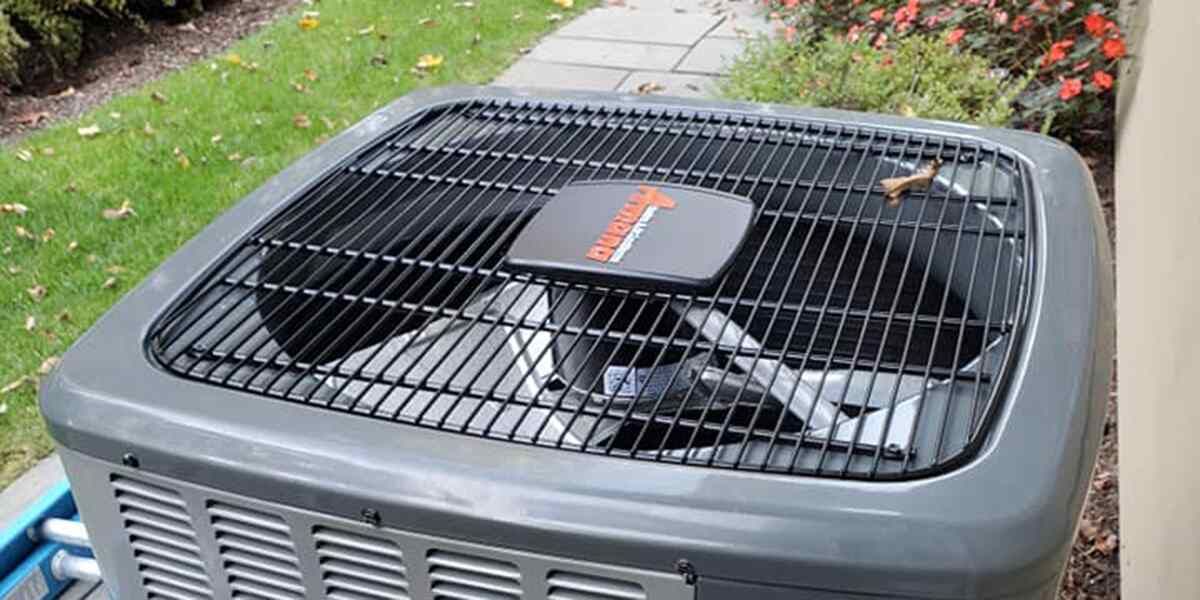How to Determine If Your Heater Is Energy-Efficient
Comfort Specialists
With the winter season in full swing and snow beginning to fall down and form walls of white, cotton-looking walls around homes and their roofs, there’s no doubt that we’re all in for another blisteringly-cold time of the year.
By this time, you’ve probably taken care of different tasks on your holiday to-do list like last-minute gift-shopping, grocery runs, and shoveling out the driveway. Amid the different things that may be going on in your household during this wonderful time of year, however, the one experience that you’re bound to look forward to the most is using your heater.
In any kind of Morris County (or New Jersey, in particular) home, heaters are a vital part of the household appliance assortment because of how unforgiving temperatures in the area can be. Considering that temperatures can go far below zero during even the most “relaxed” days of the season, it’s easy to see why having the appliance in question to balance everything out is vital for staying comfortable.
Whether you’re looking to stay along with your family or bring in more visitors for slightly larger gatherings this holiday season, there’s no doubt that you’re using your heater a lot more at this rate. However, the problem with running a heater 24/7 in your home is that it can be quite energy-heavy, which begs the question:
“How can I tell that my heater is energy-efficient?”
Why it matters to keep an eye on your energy consumption
Although having the right temperature inside your home is important if you want to enjoy the holidays this year, it’s also vital to look at how much energy is being used up, which is where energy efficiency comes in.
Compared to other appliances that can be found at home, heaters use a significantly larger amount of energy because of how heavily they’re used and how much electricity it takes to keep them running. Unfortunately, most people overlook the key point mentioned above and end up costing themselves a pretty penny over energy expenses that could have been minimized if they were more mindful.
So, how can you determine if your system is energy-efficient or not?
If you’ve been using a heater for the past few winters, then you’re probably familiar with the fact that you’ll need to spend a bit more on electricity each time the season rolls around. While it may be a given that higher heater usage equates to more megawatts used, there are some instances wherein usage rates can exponentially increase without you being aware until the bill is delivered.
You’re probably wondering how you can pinpoint your heater’s exact efficiency levels so that you can determine if you’ll need to make any adjustments. Although many may argue that there are different ways to determine if a heater will make winter temperature control a breeze or a complete headache, the best metric to use is the Annual Fuel Utilization Efficiency rating (AFUE).
What is an AFUE (and how does it work?)
The best way to define the AFUE rating is that it’s a metric that measures how your heater efficiently converts fuel into energy— a metric that is commonly determined with the help of a
heating expert in Morris County.
When it comes to determining what your current system’s propensity for energy efficiency is (and whether servicing is required or not), the system is quite easy to work with. Here’s a quick rundown of how the whole system works and what all the numbers mean:
- If you have a higher AFUE percentage, this essentially means that more of the fuel that your heater is using is being converted into actual energy, making it more energy-efficient in the process. A rating of 90 percent, for instance, means that 90 percent of the fuel your system is using can be converted to energy by your heater while the remaining 10 percent is wasted!
- If you have a lower AFUE percentage, your heater is experiencing a problem wherein it is using more energy but not converting it to suitable outputs. For example, a heater that yields a 40 percent rating is only using 40 percent of the fuel it runs on to generate heat while wasting 60 percent in the process.
The bottom line? The higher your heater’s AFUE is, the better; the lower your appliance’s rating is, the most costly it’s going to be in the winter.
Conclusion
As wintertime continues to work in full swing and enforce the need to crank up your thermostats, it’s vital to keep an eye on how your heater interacts with its energy usage. Through the help of an Annual Fuel Utilization Efficiency Rating, you can keep track of whether your system will give you a headache during your next billing statement or not so that you can save even more money in the long run!
We specialize in
heating and air conditioning in Morris County, NJ. If you're keen on saving a fortune with your heater this winter season, schedule a maintenance appointment with us today!



